WHAT YOU NEED TO KNOW ABOUT GOOGLE.
Google is an absolute powerhouse when it comes to audiences, data and brand. We all know this.
According to Oberlo.com, “As of February 2022, a whopping 92.01 percent of all search queries conducted across all search engine providers are done through the internet giant.” To put this in perspective, Bing accounts for 7% of global search traffic.
Google officially launched back in 1998 and is reported to have a valuation of $1 Trillion. In 2021 it posted a 1st quarter revenue of $75.33 billion.
It’s also important to note that Google have form for purchasing businesses and have acquired 232 businesses to date, part of what makes their brand attractive. Some purchases you will recognise include:
Motorola Mobility, 2012, Telecommunications, £12.5 billion
Nest, 2014, Home automation, $3.2 billion
DoubleClick, 2007, Online advertising, $3.1 billion
Looker, 2019, Data analytics, $2.6 billion
Fitbit, 2007, Consumer electronics, $2.1 billion
YouTube, 2005, Online video platform, $1.65 billion
Waze, 2007, GPS navigation software, $1.3 billion
HTC, 2017, Telecommunications, $1.1 billion
AdMob, 2006, Mobile advertising, $750 million
ITA Software, 2011, Software and travel, $700 million
Taking all of this into account, it makes sense to ensure that our businesses are visible on Google and in Google searches. So how can we do it and can we manipulate Google for commercial benefit?
Google, we are told, has an always changing algorithm, so it makes it difficult to strategise too far into the future and means we always need to have an eye on the short term. There are a number of ways to benefit from Google and you may already know but we, at Legal Growth, are huge advocates for organic growth in light of rising costs associated with PPC and digital marketing.
So here are a couple of tips from Tom at Legal Growth;
Optimise your Google My Business profile and start sharing your Google review link.
Setup Google Analytics to begin measuring your website traffic. Then start to analyse where people are spending their time, and start putting time into keyword research.
Research competitors on Google and create a benchmark to work towards. Look at where they appear in searches.
Build back-links to your website from reputable sources - Google likes this!
Create a blog and start writing relevant and engaging content.
If you’d like to discuss any of the strategies in more detail, get in touch.

